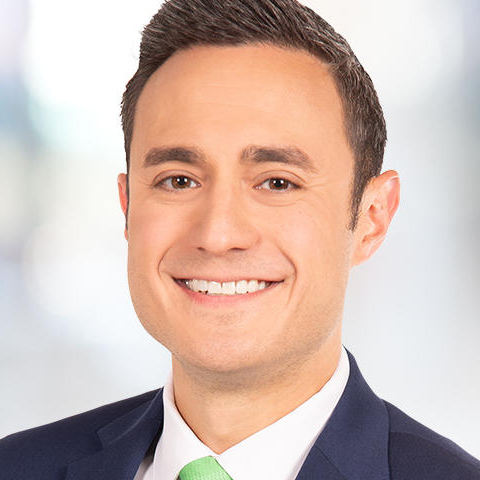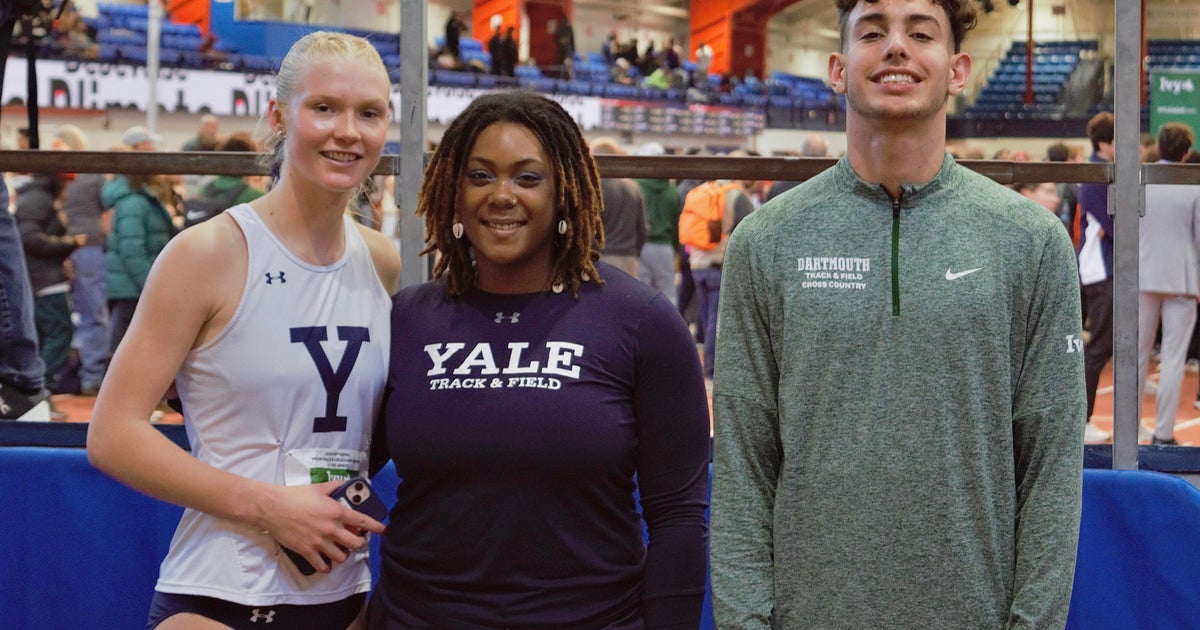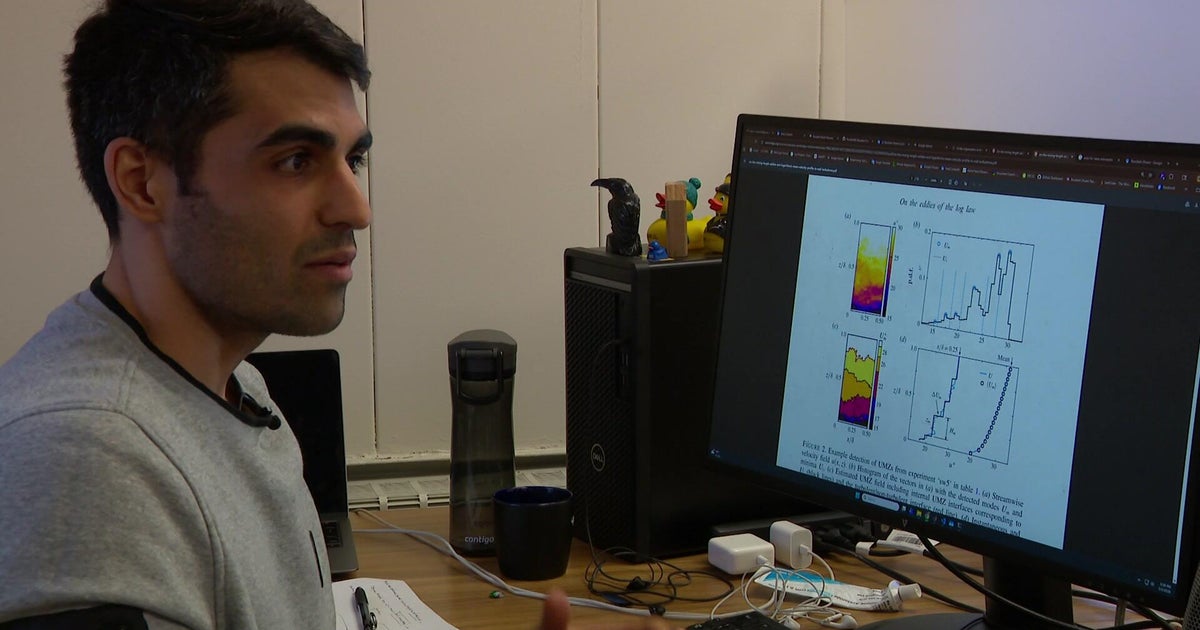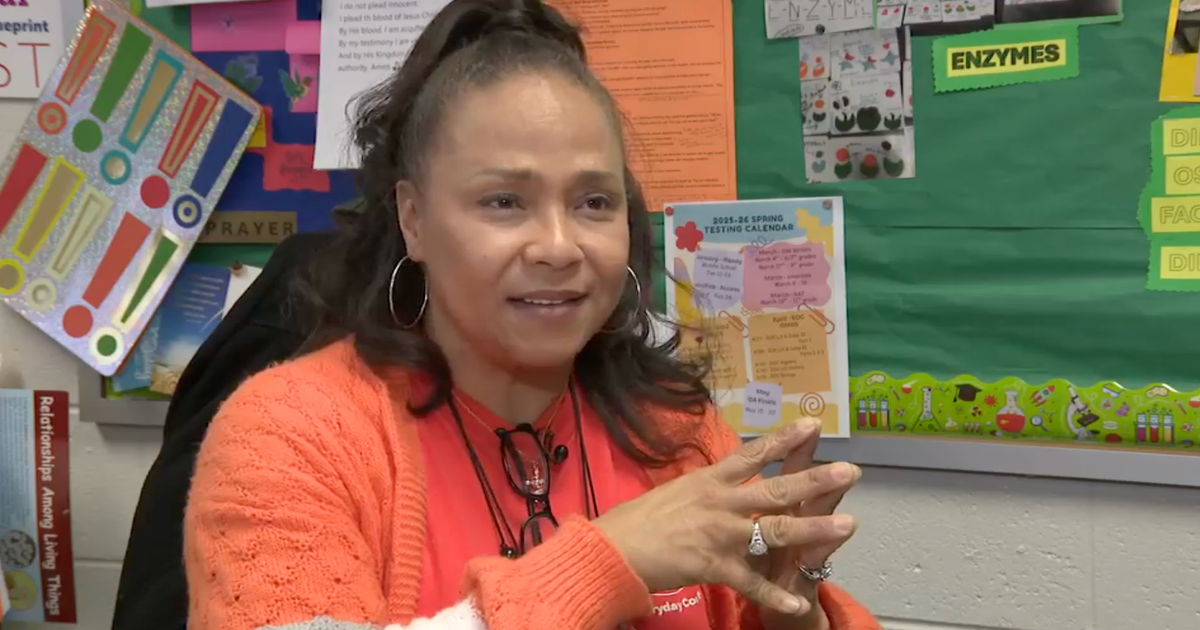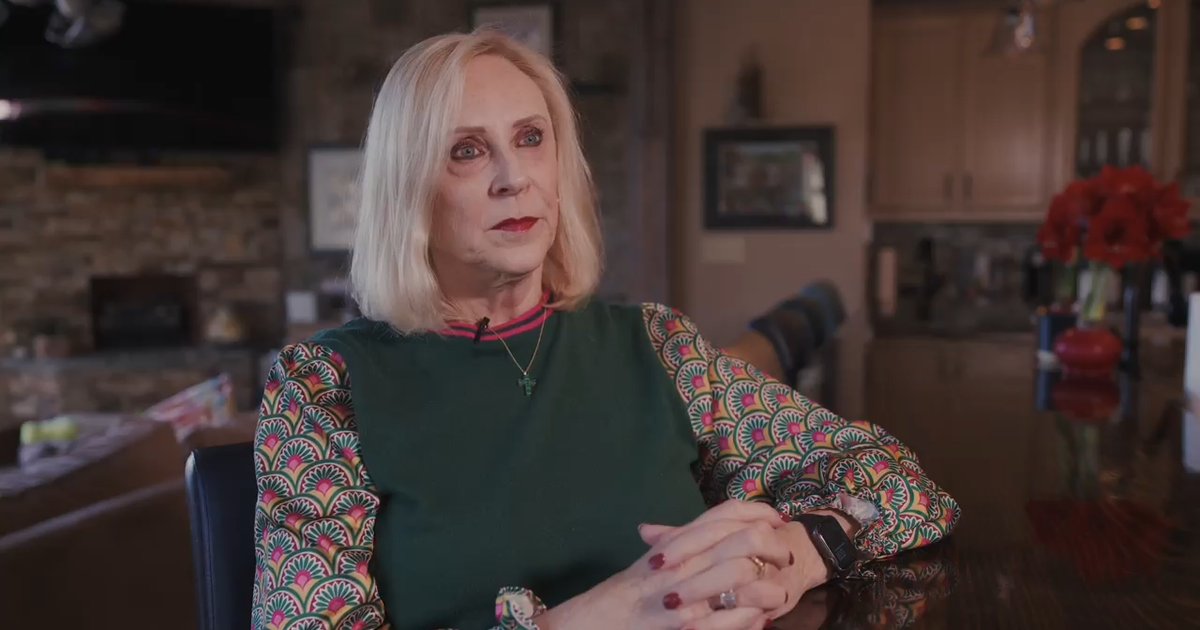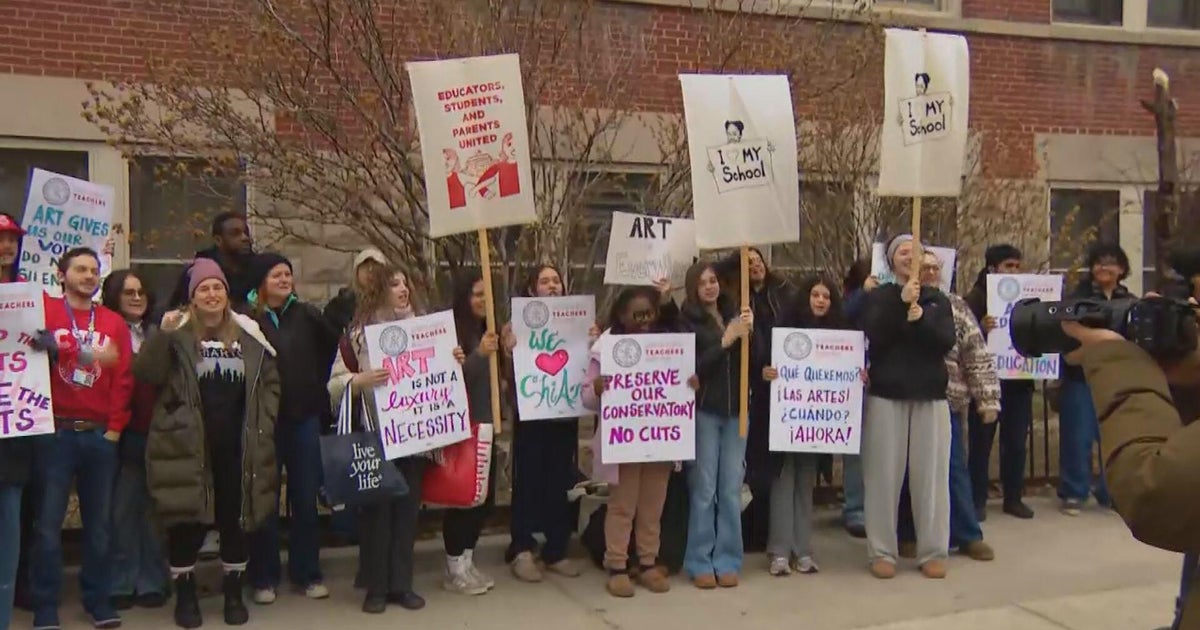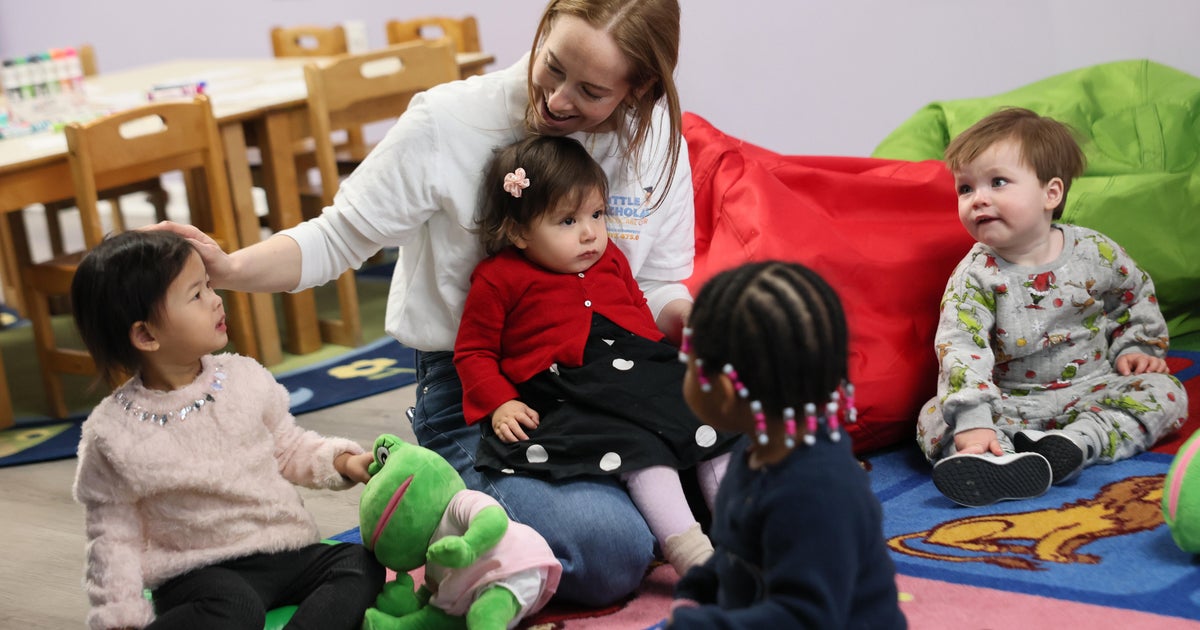What's the best way to study for an exam?
MINNEAPOLIS — An important deadline is approaching, and we're not talking about Christmas shopping. End of semester exams are coming up for students of all ages.
Finals exams are just hours away. Papers are due. Alas, finding urgency to act sometimes requires pressure.
"I like the library because I feel like i'm being held accountable by the strangers around me," said senior Zachary Krause.
Sophomore Makayla Makovec said she crams for exams in certain classes.
Krause meanwhile needs a deadline to get himself moving.
"I need to wait until the day of and then that motivation hits me like, I need to get this done today," he said.
That method is not taught across the hall at the Tutoring and Academic Success Center. Students there can get one-on-one coaching on study skills, time management, and test anxiety.
"It's a vibrant but busy time of the year," said Keelin Yenney. She's the associate director of student learning and success at the center.
What's the best way to study? First and foremost, Yenney said people should pick a method that works best for them, since everyone has different learning styles. That being said, she does have advice to share with all students, no matter their preference.
First, space out the studying.
"Taking time to set up a study schedule where you have shorter intervals where you're studying, but you're repeating and going back to that information," she said.
Shorter stints across a long period of time help with memory retention and recall on test day. It applies to writing papers, too. Krause will write one paragraph per day leading up to the due date, giving him multiple smaller deadlines along the way.
Second, actively engage in studying.
Rather than just reading notes or the textbook, make studying an activity. This includes quizzing yourself or creating flashcards.
"That allows you to not only get some practice in creating the flash card, like that is study time, but then you can use that as a way to quiz yourself forwards and backwards," said Yenney.
Students can also try to make studying a social activity. Talking through what you've learned with someone else better engages the mind. This can be with one other person or in a group.
Lastly, Yenney encourages maintaining healthy habits.
"If you're not getting enough sleep, if you're not fueling your body well, if you're not moving your body and exercising in a way that feels good for you, that studying isn't quite as effective," said Yenney.
Pulling an "all-nighter" can take your body days to get back to functioning normally.
What are common mistakes people make with studying? Yenney said passive studying, such as reading over notes or the textbook, isn't as effective as active studying. Passive studying doesn't help information get stored in your memory like other methods. Because you're not thinking deeply about the material, students only get a superficial understanding of it.
Cramming is also a bad idea since it can overwork the brain. That creates anxiety, stress, and fatigue, none of which are helpful when taking a test. All these tips can set you up for success so, study up, whether you are in college or helping a young child build good habits.
Where you study, like a library, can get you in the right mindset. Just make sure the space is distraction-free and has all the resources or materials you need.
